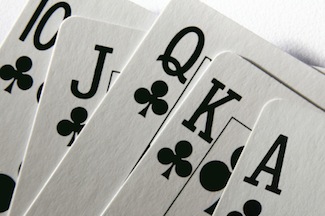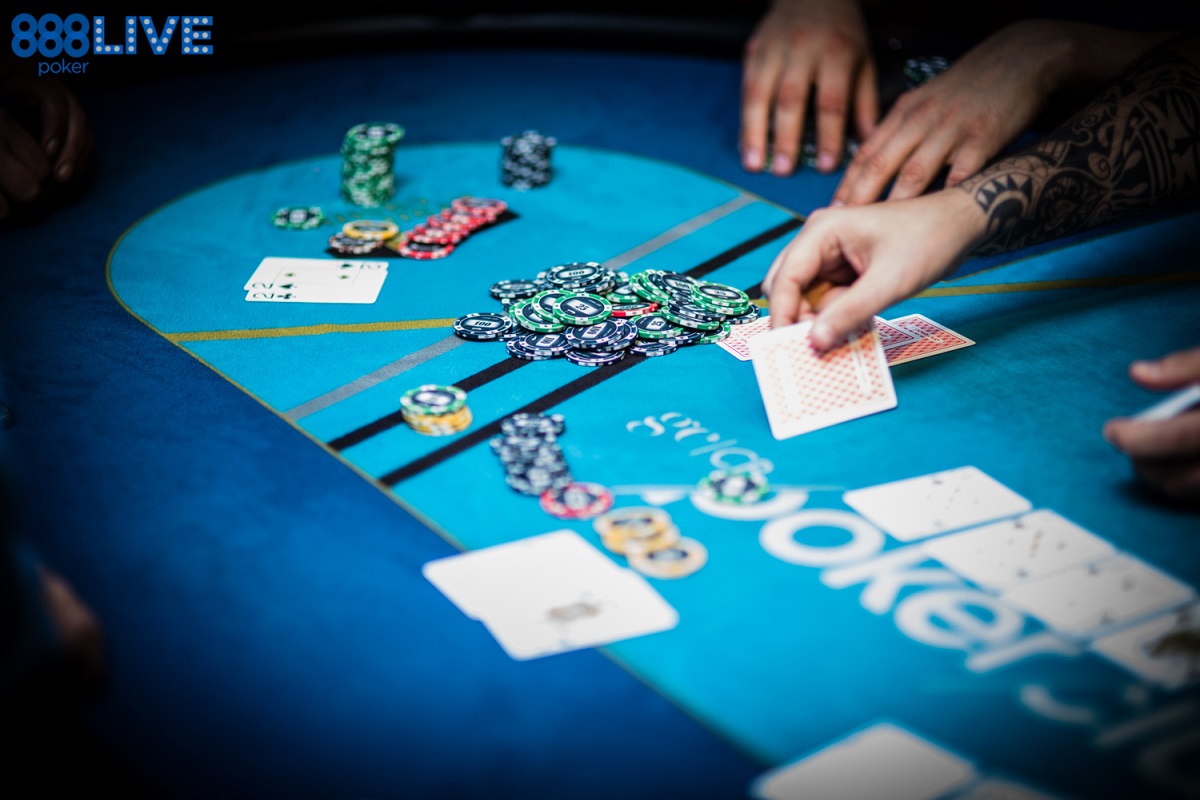- RULES AND DEALING PROCEDURES. Six Card Poker is a table game with head-to-head play against the dealer and also features an optional bonus and Bad Beat wagers. Players and the dealer get six cards to make their best five-card poker hands. Rules and Dealing Procedures. Set the i-Deal or ACE shuffler to 'Rabbit Hunter' or 'Six Card.
- If there was no betting on the last street, the procedure is blessedly simple. The showdown goes in the same order as all other actions, starting left of the button and proceeding clockwise to the.
- When you enter a game, you must make a full buy-in for that particular game.
Authors Dan Paymar, Donna Harris, and Mason Malmuth
This course covers card dealing fundamentals, such as check handling, dealing techniques, game protection and hand reading. Students learn the physical skills needed to be a poker dealer, such as. After the dealing procedures above have been completed, each player shall examine his/ her cards. Each player who wagers in Three Card Poker shall be responsible for his/ her own hand and no person other than the player or the house dealer may touch the cards of that player. Each player shall.
Find out how to qualify for this book in the Two Plus Two poker bonus program
Synopsis of The Professional Poker Dealer's Handbook
The poker industry has grown at a phenomenal rate during the past few years. It wasn't that long ago that only a few Nevada casinos had small poker rooms as an accommodation for its casino customers. But times have changed. Today there are many locations throughout the country that offer poker including several 'giant' poker facilities. However, with this explosive growth, there are a few 'growing pains,' and a lack of quality dealers is immediately apparent to anyone who either plays poker or works in the industry. Dealing poker is one of those occupations that look easy when performed by a top quality dealer.
You too can achieve this status with practice and effort. In fact, the best dealers not only perform their job in a seemingly effortless manner, they enjoy what they are doing. It is our hope that this text will establish a standard in the industry. It will assure that poker continues to grow and prosper in the future. It is the ultimate book for anyone interested in a career as a professional poker dealer.
Excerpt from The Professional Poker Dealer's Handbook : Characteristics of a Professional Dealer

Let's look more closely at the attributes that go together to make a true 'professional' dealer:
Characteristic No 1: Accuracy. Getting the right cards to the right players at the right time smoothly and without exposing cards, turning board cards at the right time, keeping the bets and side pots straight, making change correctly, getting the correct rake unobtrusively, reading hands correctly, pushing the pot to the player with the best hand, splitting pots correctly when necessary, and so forth.
Characteristic No. 2: Mechanical skills. Technique! The ability to shuffle and deal without exposing cards, handle chips, and the like.
Characteristic No. 3: Knowledge of the games. Knowing and understanding the rules of each game, how the game is dealt, and the house policies and procedures.
Characteristic No. 4: Ability to control the game. Being able to maintain the game pace. That is, the ability to keep the game moving, prevent out-of-turn actions, avoid unnecessary delays, without rushing either yourself or the players. Remember, always use an open hand--never point--at a player when it is their turn to act. (You may point with your eyes, but never stare at a player who may be taking a little extra time.)
Blackjack Dealing Procedures



Characteristic No. 5: Positive attitude. A manner of conveying professionalism that makes the experience of playing poker enjoyable and rewarding.
Characteristic No. 6: Professional demeanor. Proper posture and attitude communicate professionalism as does courtesy and kindness.
Characteristic No. 7: Ability to deal with customers. Besides attitude and personality, this includes diplomacy, etiquette, and knowing when to call for the floorperson.

Let's look more closely at the attributes that go together to make a true 'professional' dealer:
Characteristic No 1: Accuracy. Getting the right cards to the right players at the right time smoothly and without exposing cards, turning board cards at the right time, keeping the bets and side pots straight, making change correctly, getting the correct rake unobtrusively, reading hands correctly, pushing the pot to the player with the best hand, splitting pots correctly when necessary, and so forth.
Characteristic No. 2: Mechanical skills. Technique! The ability to shuffle and deal without exposing cards, handle chips, and the like.
Characteristic No. 3: Knowledge of the games. Knowing and understanding the rules of each game, how the game is dealt, and the house policies and procedures.
Characteristic No. 4: Ability to control the game. Being able to maintain the game pace. That is, the ability to keep the game moving, prevent out-of-turn actions, avoid unnecessary delays, without rushing either yourself or the players. Remember, always use an open hand--never point--at a player when it is their turn to act. (You may point with your eyes, but never stare at a player who may be taking a little extra time.)
Blackjack Dealing Procedures
Characteristic No. 5: Positive attitude. A manner of conveying professionalism that makes the experience of playing poker enjoyable and rewarding.
Characteristic No. 6: Professional demeanor. Proper posture and attitude communicate professionalism as does courtesy and kindness.
Characteristic No. 7: Ability to deal with customers. Besides attitude and personality, this includes diplomacy, etiquette, and knowing when to call for the floorperson.
Characteristic No. 8: Appearance. One's dress, grooming, and personal hygiene are essential to a professional demeanor.
Poker Dealing Procedures
Characteristic No. 9: Reliability. The ability to do your job properly and to be available and prepared when needed.
Characteristic No. 10: Restraint. The ability to be quiet, keep your full attention focused on the game, and to decline to partake in any extraneous conversations not directly related to the hand in progress.
These attributes of a professional dealer are distinctly different, yet they overlap and complement each other. The thrust of the material contained herein is directed toward those attributes that an instructor can develop and enhance--primarily knowledge of the games, mechanical skills, accuracy, and restraint.

